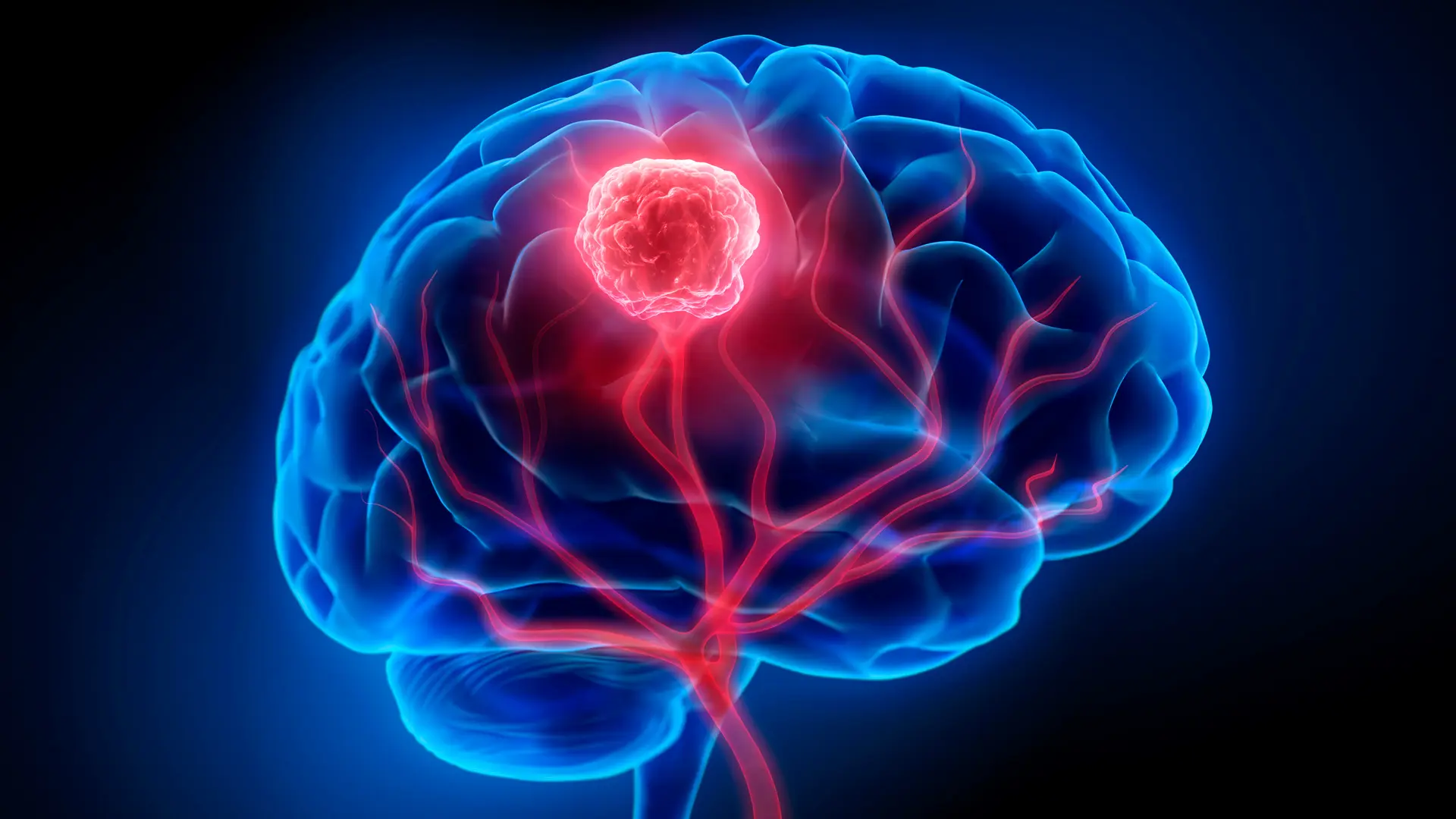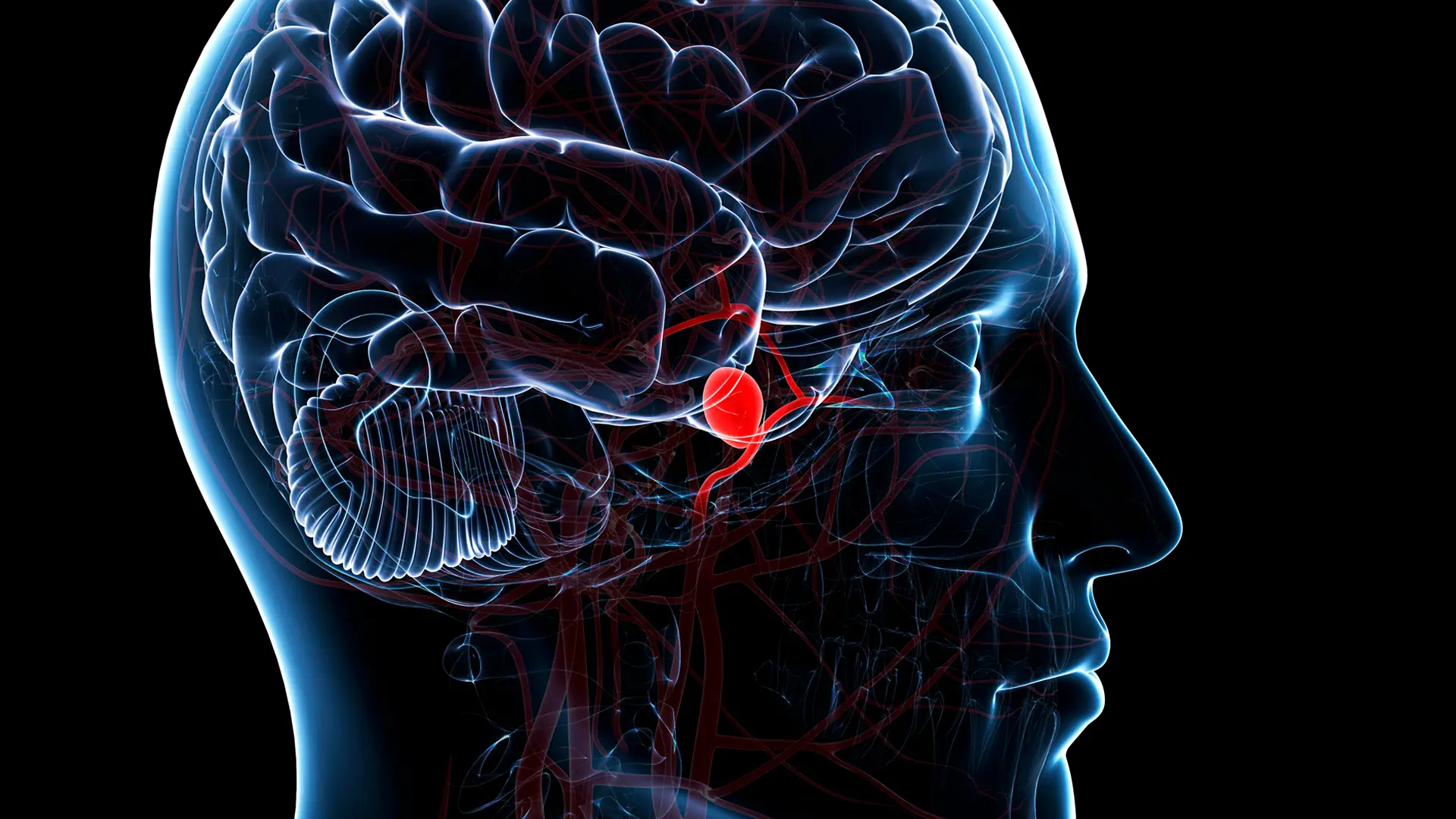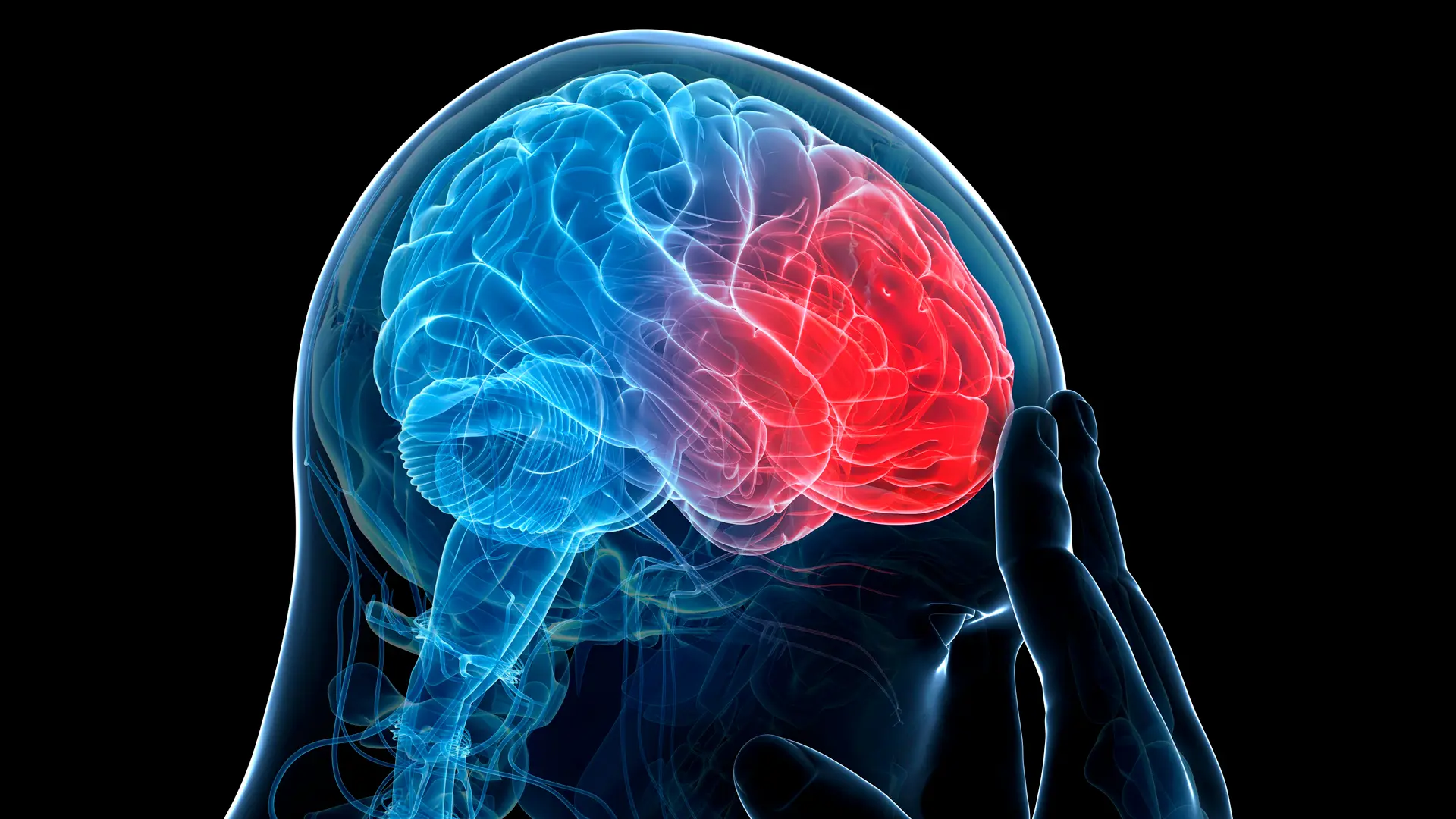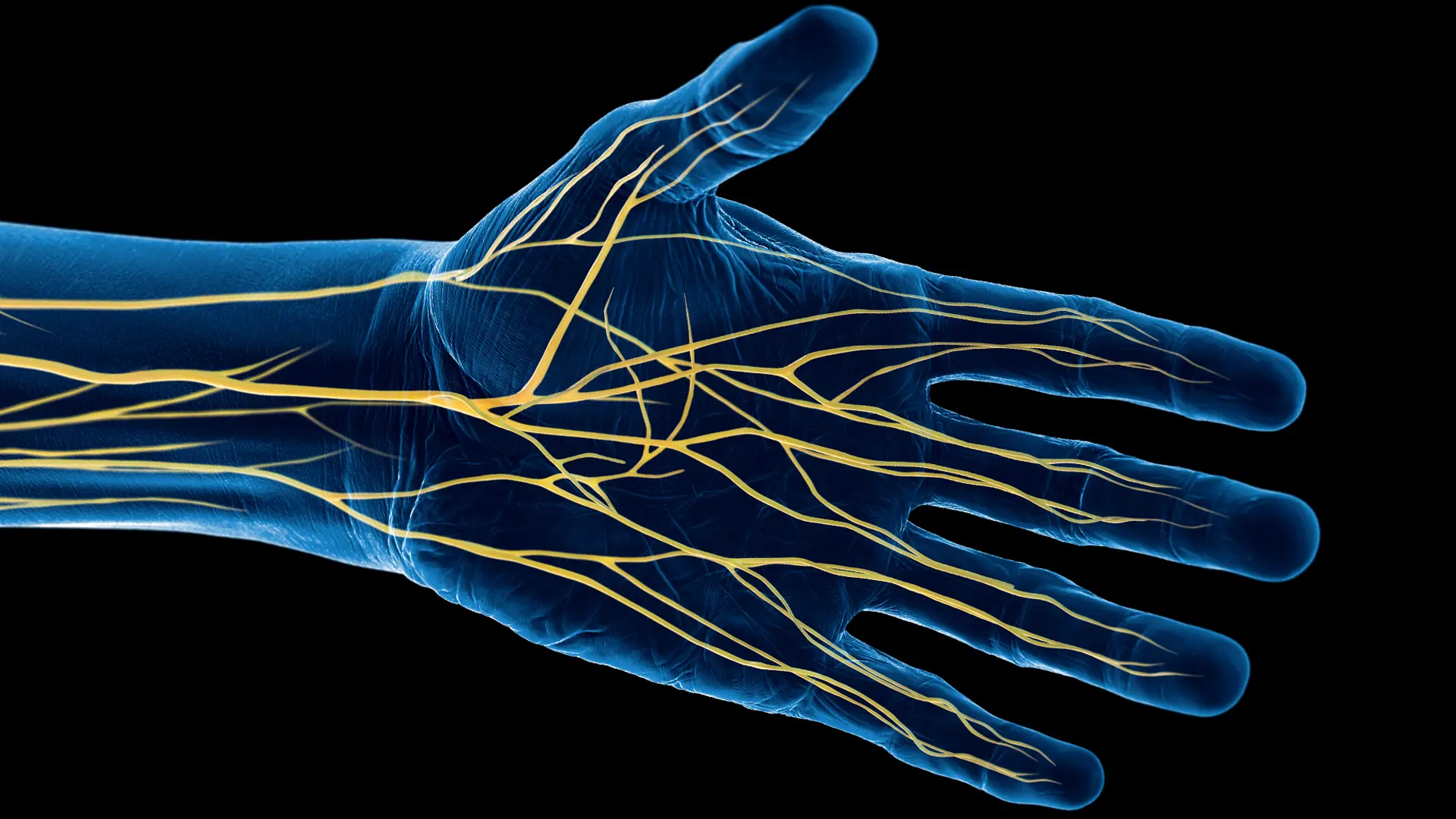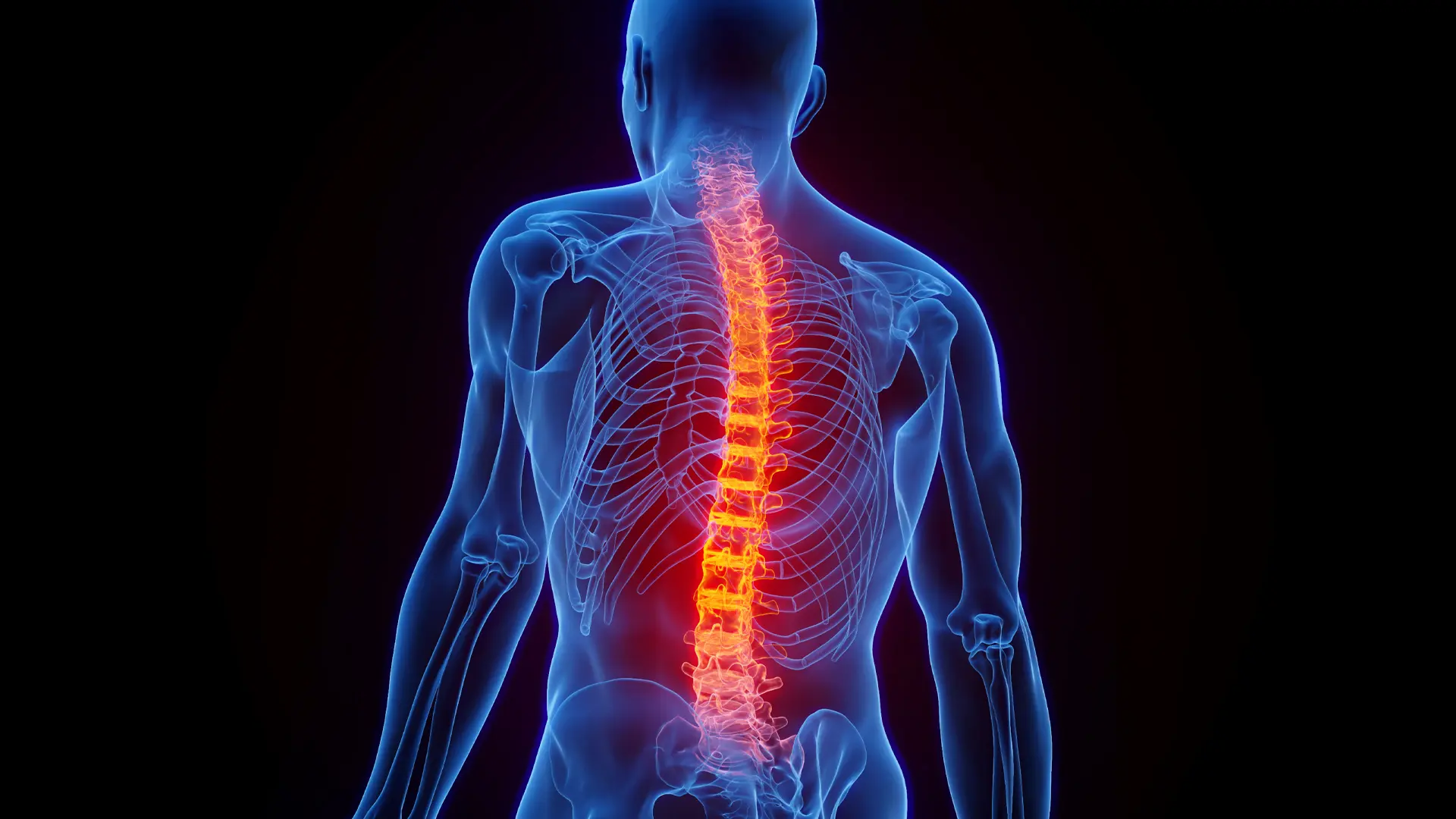
Brain and Spine Care
At Mount Elizabeth, we understand the critical importance of the central nervous system – which consists of the brain and spinal cord.
The central nervous system is the cornerstone of all bodily functions, orchestrating everything from movement and sensation to thought and emotion. It not only controls simple actions like breathing and blinking but also governs complex processes such as memory, speech, and decision-making. This intricate system is crucial in maintaining the delicate balance between physical health and psychological well-being.
At our hospitals, we focus not only on treating neurological diseases or alleviating symptoms; it's about understanding the nervous system's pivotal role in a patient’s overall health and life. We aim to provide comprehensive care that addresses not only the physical aspects of neurological conditions but also the psychological and social dimensions.
Learn about our expertise in brain and nerve tumours, brain and vascular health, headaches, nerve and muscle disorders, movement and functional disorders, and spine health.
Growing prevalence of neurological issues in Singapore
Did you know that in recent years, Singapore has observed a significant rise in neurological conditions, attributed primarily to its aging population?
According to the National Neuroscience Institute, over 50,000 Singaporeans were affected by these conditions, representing a 22% increase from 2013 – 2017. The most prevalent conditions include Parkinson's disease, stroke, brain tumours, and dementia.
Parkinson's disease: An estimated 6,000 – 8,000 people in Singapore were affected by Parkinson's disease in 2018, making it the second most common neurodegenerative disease after Alzheimer's disease.* It has also seen a global increase in disability and death, with its prevalence doubling over the past 25 years, affecting over 8.5 million people as of 2019, according to the World Health Organisation.
*Source: National Neuroscience Health Institute, 2018
Stroke: Stroke is a growing health concern in Singapore, with the number of stroke episodes increasing significantly from 6,143 in 2011 to 9,680 in 2021.* Most strokes (80%) are ischaemic, caused by blocked blood flow to the brain, while 20% are haemorrhagic, caused by bleeding in the brain. The median age of stroke patients in 2021 was 69.8 years, highlighting the effect of Singapore’s ageing population.
*Source: Singapore Stroke Registry Annual Report 2021
Brain tumours: Over 500 patients in Singapore are diagnosed with brain tumours annually. These abnormal cell growths within the skull can impact people of all ages, including infants. If untreated, they can lead to significant disability and even death. Although brain tumours are less common than other cancers, there is a need for increased awareness of this condition and its symptoms.
*Source: National Neuroscience Health Institute, 2018
Dementia: A study by the Institute of Mental Health in Singapore found that the prevalence of dementia among those aged 60 and above has decreased from 10% in 2013 to 8.8% in 2023. Despite the decline, the total number of dementia cases rose due to the aging population. The study also noted an improvement in diagnosis and treatment, with the treatment gap decreasing from 70.6% to 51.5%.
As neurological conditions continue to rise, both globally and in Singapore, the need for expert care becomes increasingly critical. With the right medical team, you can receive the best care available, ensuring precise diagnosis, effective treatment, and comprehensive rehabilitation. At our hospitals, we are committed to offering this level of expertise and support, helping individuals navigate these complex conditions with confidence and care.
Brain and spine care at Mount Elizabeth
Our seasoned brain and spine team includes specialists in the areas of neurology and neurosurgery, who specialise in treating a wide range of conditions from intricate brain surgeries to complex spinal disorders. We are equipped to handle the nuances of each case, offering tailored treatment plans that utilise medical technology with surgical techniques.
From your initial consultation through to recovery, our comprehensive approach includes detailed assessments and a personalised care regimen. Our specialists work collaboratively to ensure continuity of care, supported by a full spectrum of allied healthcare professionals, including physiotherapists, occupational therapists, and nursing staff, who provide essential support and rehabilitation services.
You can expect a level of expertise and care that is designed to bring about the best possible outcomes, helping you return to health with confidence and support every step of the way.
For more information, contact us at:
- Mount Elizabeth Hospital Patient Assistance Centre: +65 6250 0000
- Mount Elizabeth Novena Hospital Patient Assistance Centre: +65 6898 6898
Our neurologists and neurosurgeons
30+
specialists
Mount Elizabeth is home to a robust and experienced team of neurologists and neurosurgeons. Get to know our specialists and choose the right one for you.
Tips on maintaining optimal brain health
As we grow older, natural changes in both the body and brain are inevitable. However, by adopting proactive strategies, it is possible to slow cognitive decline and significantly reduce the risk of developing dementia and other conditions.
Engaging in these preventive measures not only supports brain health but also enhances overall well-being, empowering us to maintain our cognitive abilities and quality of life as we age.
Here are tips from our neurologists on how to take care of your brain:
Stay mentally active. Engage in activities that challenge and stimulate your brain, such as solving puzzles, reading, learning new skills, or playing musical instruments. Mental engagement strengthens neural connections and enhances cognitive resilience. Minimise passive activities like excessive TV watching, as these do little to stimulate the brain.
Prioritise quality sleep. Having 7 – 8 hours of quality sleep each night is essential for brain health, as it supports critical processes like memory consolidation and toxin removal. During sleep, particularly in the deep and REM stages, the brain strengthens neural connections, transferring information from short-term to long-term memory, which is crucial for learning and recall.
Eat a brain-healthy diet. Foods like fruits, vegetables, nuts, whole grains, and fish provide essential nutrients that protect brain cells from oxidative stress, reduce inflammation, and support neural function. The Mediterranean diet, which emphasises these nutrient-dense foods, has been associated with slower cognitive decline and a lower risk of neurodegenerative diseases like Alzheimer's.
Maintain a regular exercise routine. Exercise increases blood flow to the brain, delivering oxygen and essential nutrients that support neural activity and promote the growth of new brain cells, particularly in the hippocampus, a region critical for memory and learning. Aim for at least 150 minutes of moderate exercise each week to maximise these benefits.
Monitor and manage blood pressure. Elevated blood pressure can damage blood vessels in the brain, leading to reduced blood flow and increasing the risk of stroke, dementia, and other cognitive impairments. By keeping blood pressure within a healthy range, you help the brain receive the necessary oxygen and nutrients, reducing the risk of cognitive decline and preserving mental sharpness as you age.
Stay socially connected. Social interactions stimulate various cognitive processes, such as memory, attention, and problem-solving, by engaging different areas of the brain. Regular participation in social activities, whether through joining hobby clubs, volunteering, or simply maintaining close relationships, helps to keep the brain active and resilient. Meaningful connections with others also reduce stress and promote emotional well-being, both of which are linked to better cognitive health.
By integrating these practices into your lifestyle, you can support long-term brain health and reduce the risk of cognitive decline.
Collapse All
This page has been reviewed by our medical content reviewers.
 Brain & Spine Care
Brain & Spine Care
